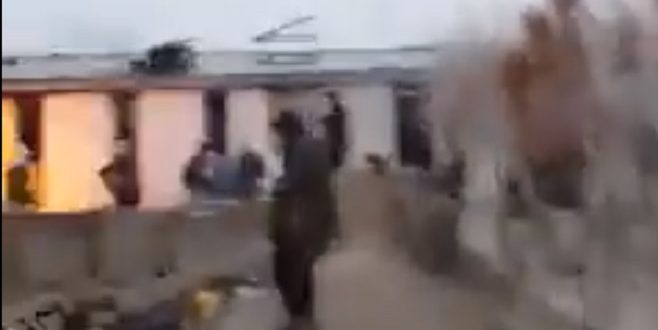Since the signing of the US-Taliban peace pact in February this year, the warring parties have resorted to accusing each other of violating the deal in their own respective ways. At a time when a peace deal should pave further way for cooperation and advancement of the Afghan peace process, such blame games point to the deeply-rooted trust deficit among the warring parties. The US has clung on to the card of Taliban’s violation in terms of intensifying violence – something that has been true for the Afghan security forces that have come under numerous assaults and suffered severe casualties since the deal. Counterintuitively, in a post-deal period, one expects a reduction in violence but in Afghanistan’s case, the complete opposite has been happening. On the other hand, the Taliban accuses the US of not delivering on its promises regarding release their prisoners as agreed upon in the deal, which had said 5,000 Taliban fighters should be released from Afghan government detention by March 10 as a precondition to initiate the intra-Afghan negotiations. This was something that not only didn’t happen as planned but two months since the deadline, only around 1,000 Taliban inmates have been freed so far. Meanwhile, the insurgent group has recently warned it would hold the US responsible if any harm befell its inmates held by the government in the wake of the coronavirus pandemic. Moreover, in a recent development, the US reciprocally warned of revisiting the troop withdrawal clause – that calls for full US troop withdrawal within 14 months with the first phase including drawing down troops to 8,600 within 135 days – if the insurgents didn’t stop attacking Afghan forces. According to the US Air Force Magazine, the evaluation could not only stop troop withdrawal but could also cause more military deployment in Afghanistan. This is while the agreement only stipulated that the Taliban should shun attacking American soldiers as there was no explicit mention of Afghan soldiers. With this loophole at hand, the Taliban have been fully taking advantage to an extent that the increased violence has been a serious thorn in the US and Afghan government’s side. This is while in a recent foray to Islamabad, the US envoy for Afghanistan reconciliation, Zalmay Khalilzad, has even reportedly asked Pakistan Army Chief Gen. Bajwa to press the Taliban for reduction of violence and the immediate start of intra-Afghan negotiations. The deal that was deemed a turning point in an 18-year war that has cost tens of thousands of lives is nothing like it was expected. With its vague language and loopholes, it seems to be heading towards doom with the recent moves and remarks by the belligerent parties further substantiating the fact. Both sides are tapping into their diplomatic, as well as military, muscles to get the most out of the situation. The recent warning of the US regarding reconsidering its troop withdrawal is a blow in disguise which means the deal isn’t binding and can be repudiated by any of the sides using some small pretexts. Troop withdrawal, prisoner exchange, ceasefire and start of intra-Afghan talks are the major components of the deal and if any of them isn’t realized, the agreement means next to nothing.

 Afghanistan Times
Afghanistan Times



